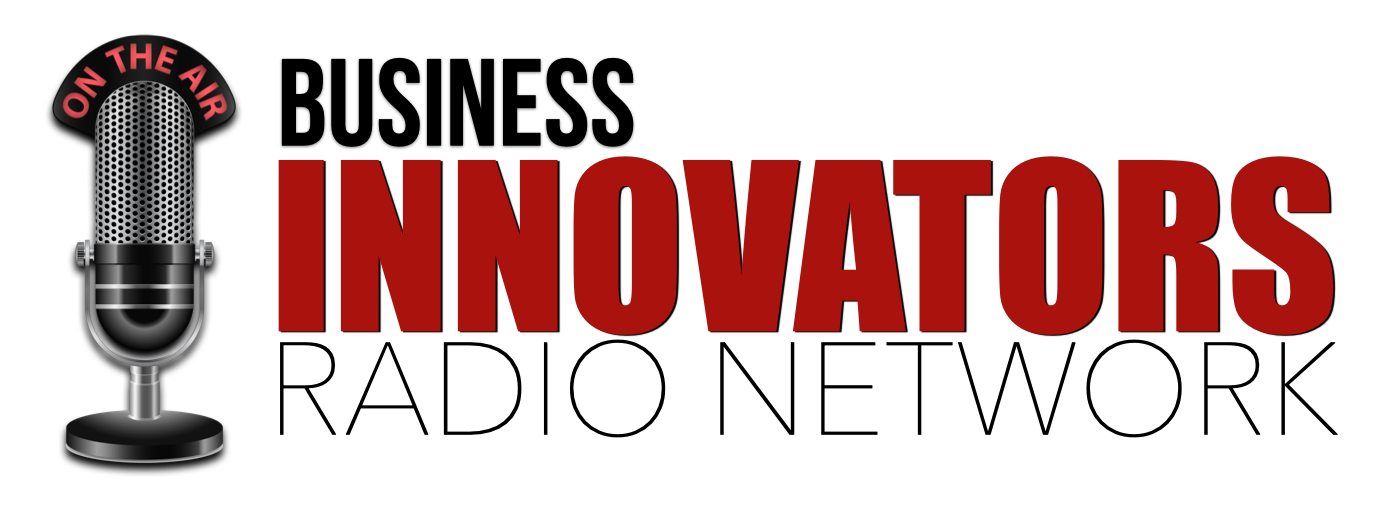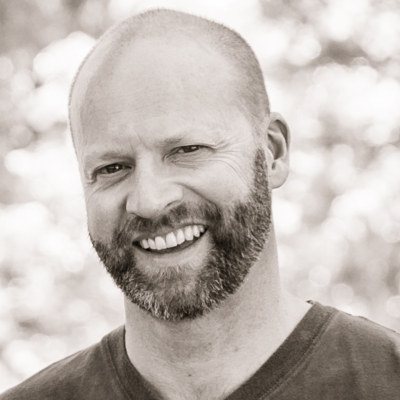Signs of sexual trauma in children
My guest for this episode is Amy Lang: she has been teaching sex for over 25 years now with an emphasis on teaching kids about sexuality in an effective, healthy way. Amy has a Master’s degree in Applied Behavioral Science. She started her foray into sexual education as a hobby, but she soon made her own company once she realized how uncomfortable she was with talking to her son about sex.
Amy’s company is Birds and Bees and Kids. Currently, she educates parents to properly communicate and teach their own children about sex.
In this episode, we talk about educating children about sex. Specifically, we give a lot of attention to sexual abuse topics, noticing red flags in your child’s sexual development or behavior, and what to do if your child comes forward as a victim (or a perpetrator) of sexual abuse.
These are heavy topics, but they are far too important to ignore.
Normal Sexual Behaviors and When to be Concerned
Amy says that typical sexual behavior includes what she calls ‘penis meetings’ and ‘vulva conventions’–or other types of behaviors that are based on natural anatomical curiosity between other children. This type of experimentation is normal for all kids.
Ages 9-12 is when the experimentation ramps up and can get a little more serious, as porn is typical first viewed within this age range. And then as kids hit the 13-16 age range, Amy says that “all bets are off. They are pretty much doing everything.”
Amy says that a way to assess if your child’s sexual behavior is something to be concerned about is just to listen to what they’re saying. If the language sounds adult-like and too established for their age, that is a red flag. And when it comes to self-stimulation, any age for children is normal to start. But it is a red flag if the child is self-stimulating in public on a consistent basis.
She goes into much more detail and expands upon this topic within the talk, including a few anecdotes that clarify some of these red-flag behaviors.
Our Compulsion to Report Sexual Abuse in Children
As Amy points out, adults have a tendency to report any sexualized behaviors in children as a result of sexual abuse when that’s often not the case. Children commonly experiment and discover their bodies in very demonstrative ways, and this is natural.
So, shaming kids that exhibit these natural behaviors can be very harmful. Yes, in a public setting, there are boundaries that should be upheld. But corrections that are made shouldn’t be done in a way that shames the natural expression of a child’s sexuality. Communicating in a clear, kind, and simple way is the best way.
Of course, though, there are instances where sexual abuse does happen. Some of the red flags for sexual abuse are if the behavior is adult-like, if the behavior is repeated despite multiple corrections, and if the behavior is not between two kids of similar age–say a discrepancy of 3 or more years.
For more on this, including red flags between siblings, listen along.
Advice for Parents if a Child Discloses Abuse
Your natural response would be to react emotionally and get angry if your child came forth and disclosed any sexual abuse that they experienced. Amy advises parents in this situation to stay as calm as possible after your initial reaction. And then ask the important questions in a calm manner: the who, what, when, and where of the abuse. Being gentle is key in this time.
She gives some very valuable tips and advice within this section of the interview that everyone should check out, including information on therapy, what to do after sexual abuse, and the complications and confusions that can occur during an abuse.
Handle Concerns Calmly
There are aberrant sexual behaviors, and there is normal sexual experimentation between children. As a parent, it is important to educate yourself on the difference and to not victimize another child if they exhibit abnormal sexual behaviors. They need help, from a positive place; treating them the same way you would treat an adult who exhibited those behaviors is not constructive, but actually harmful.
Resources for Parents
Amy provides great resources for you if you are currently dealing with a similar situation that was discussed within this episode. One of the organizations is Stopitnow.org for handouts, resources, and information. All of this is on her website. Check below for links!
Key Links for Amy:
Her website: https://birdsandbeesandkids.com/
Amy’s book, Birds, Bees & Kids: http://bettersexpodcast.com/amylangbook
Stopitnow.org– https://stopitnow.org
Amy’s podcast, Just Say This! – https://podcasts.apple.com/us/podcast/just-say-this/id1440215158
More info:
Book and New Course – https://sexwithoutstress.com
Web – https://www.bettersexpodcast.com/
Sex Health Quiz – http://sexhealthquiz.com/
If you’re enjoying the podcast and want to be a part of making sure it continues in the future, consider being a patron. With a small monthly pledge, you can support the costs of putting this show together. For as little as $2 per month, you can get advance access to each episode. For just a bit more, you will receive an advance copy of a chapter of my new book. And for $10 per month, you get all that plus an invitation to an online Q&A chat with me once a quarter. Learn more at https://www.patreon.com/bettersexpodcast
Better Sex with Jessa Zimmerman
http://businessinnovatorsradio.com/better-sex/




